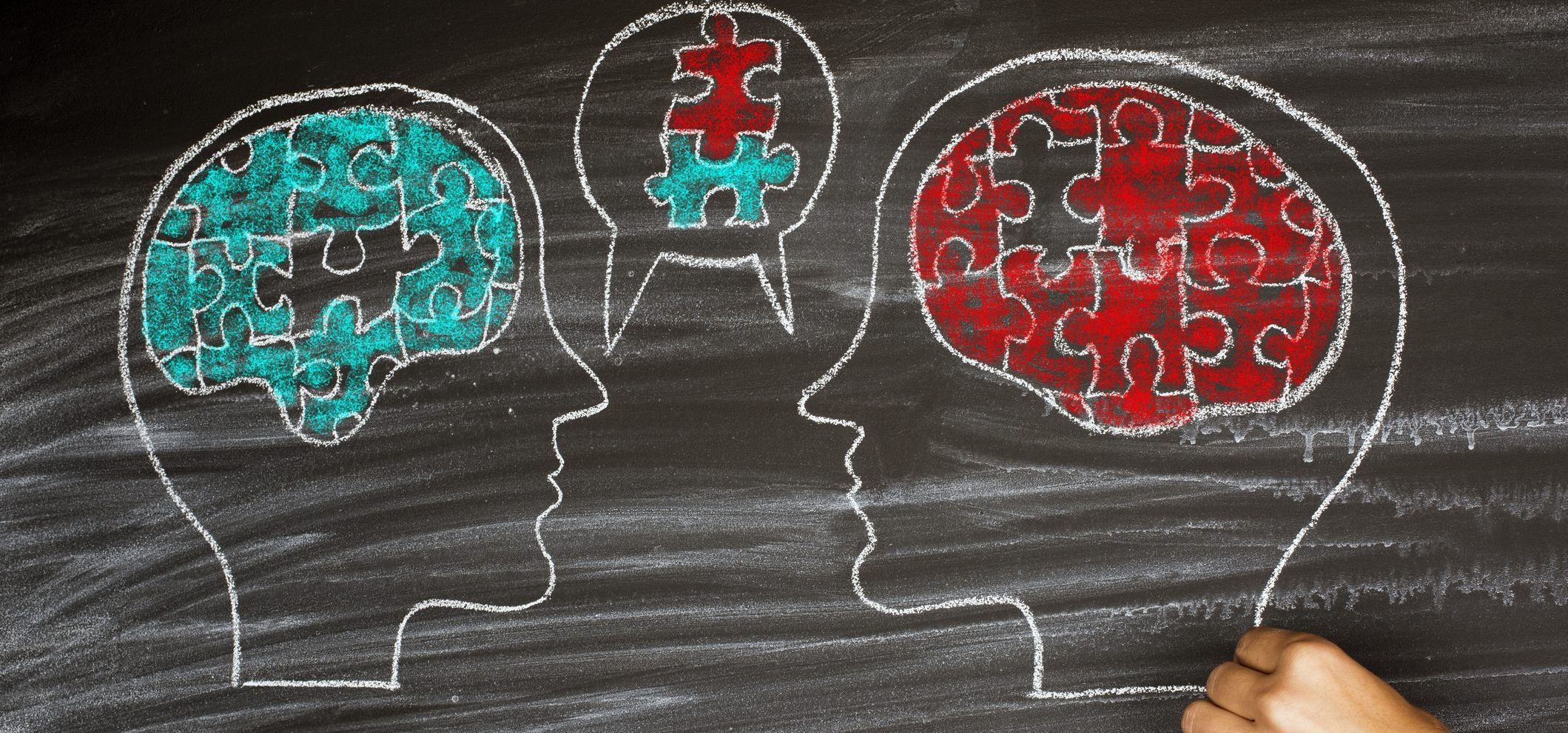
In 2019, Sandia began a knowledge management pilot program to collect, assemble, and preserve tacit knowledge from experts planning to retire on the Nuclear Energy Fuel Cycle (NEFC) components: Commercial Nuclear Power Generation (CNPG) and Back End of the Nuclear Fuel Cycle (BENFC).
Under both CNPG and BENFC, Sandia leverages over 45 years of experience informing policy decisions and leading in the development, integration, and implementation of technically safe, viable, and sustainable solutions to nuclear energy challenges, ranging from power generation to the management of spent nuclear fuel and high-level radioactive waste.
Sandia piloted a well-documented and comprehensive approach to knowledge management based on ISO 30401:2018(E) and best practices established by the Knowledge Management Institute (KMI). The approach includes Focus Group sessions, Workshop & Deep Dive interactive sessions on specific topics presented by Subject Matter Experts, and Knowledge Retention interviews with expected retirees. This approach allows for the preservation of knowledge, especially undocumented, tacit knowledge that may be difficult to document or verbalize. The group has leveraged technology by recording the sessions, both audio and video, and saved this searchable operational knowledge in a SharePoint site dedicated to knowledge management. This project has the potential to reduce or eliminate any negative impacts from the retirement of experts.
What is Knowledge Management?
Knowledge Management is the process used to handle and oversee the knowledge that exists within an organization. Knowledge Management relies on an understanding of knowledge, which consists of discrete or intangible skills that a person or institution possesses.
Types of Knowledge Management
The field of knowledge management identifies three main types of knowledge:
- Explicit knowledge is knowledge or skills that can be easily articulated and understood, and therefore easily transferred to others (this is also known as formal or codified knowledge). Anything that can be written down in a manual such as instructions, formulae, etc. qualifies as explicit knowledge.
- Tacit knowledge, by contrast, is knowledge that is difficult to neatly articulate, package and transfer to others. Tacit knowledge typically involves intuitive skillsets that are challenging to teach, such as body language or innovative thinking. Tacit knowledge is difficult to codify or document because it is the result of human experience and human senses. The skills of an expert or of a top manager cannot be learned from a textbook or even in a class; skills are usually gained through years of experience or apprenticeship.
- A third knowledge type is implicit knowledge, which is information that has not yet been codified or transferred and is difficult to transfer. It is information that is gained through incidental activities, or without awareness that learning is occurring. It can be considered a combination of instinct and practice. An example of implicit knowledge is language acquisition in children, who are largely unaware of the process.
Sandia’s Nuclear Energy Fuel Cycle Knowledge Management Program
Sandia implemented the knowledge management pilot project to capture the tacit knowledge from our senior staff before they retire from the NEFC program.
The scope of the pilot project included:
- Strategy – Developed and established knowledge management program for the NEFC Program to leverage decades of nuclear energy experience.
- Focus Groups – Used to inform the development of the Workshop, Deep Dives, and the Database. The team collected staff opinions and preferences about mechanisms for accessing preserved knowledge and collected staff views about the existing strengths and weaknesses of the knowledge scope within the program.
- Workshop – The Team hosted a multi-day workshop led by Subject Matter Experts designed to capture and document critical tacit knowledge within the program. Critical knowledge at risk of loss was shared and recorded (both video and audio) during the workshop sessions, and has been analyzed, tagged, and stored for ease of access.
- Deep Dives – The Team hosted multi-day deep dives into complex topics requiring additional in-depth discussion. These deep dives were designed to inform early and mid-career staff, including questions and group discussions.
- Lessons Learned – Use iterative feedback from staff and participants to constantly improve future Knowledge Management sessions.
- Database Repository Creation – A dynamic database is being created to map and track important knowledge and knowledge at risk. Information collected during focus groups, workshops, and deep dives is the initial data set. This process is the beginning of institutionalizing steps to identify, collect, and archive program knowledge in the future.
Contact
Janette Meacham
(505) 284-8848
jlloyd@sandia.gov
Sylvia Saltzstein
(505) 844-0651
sjsaltz@sandia.gov
